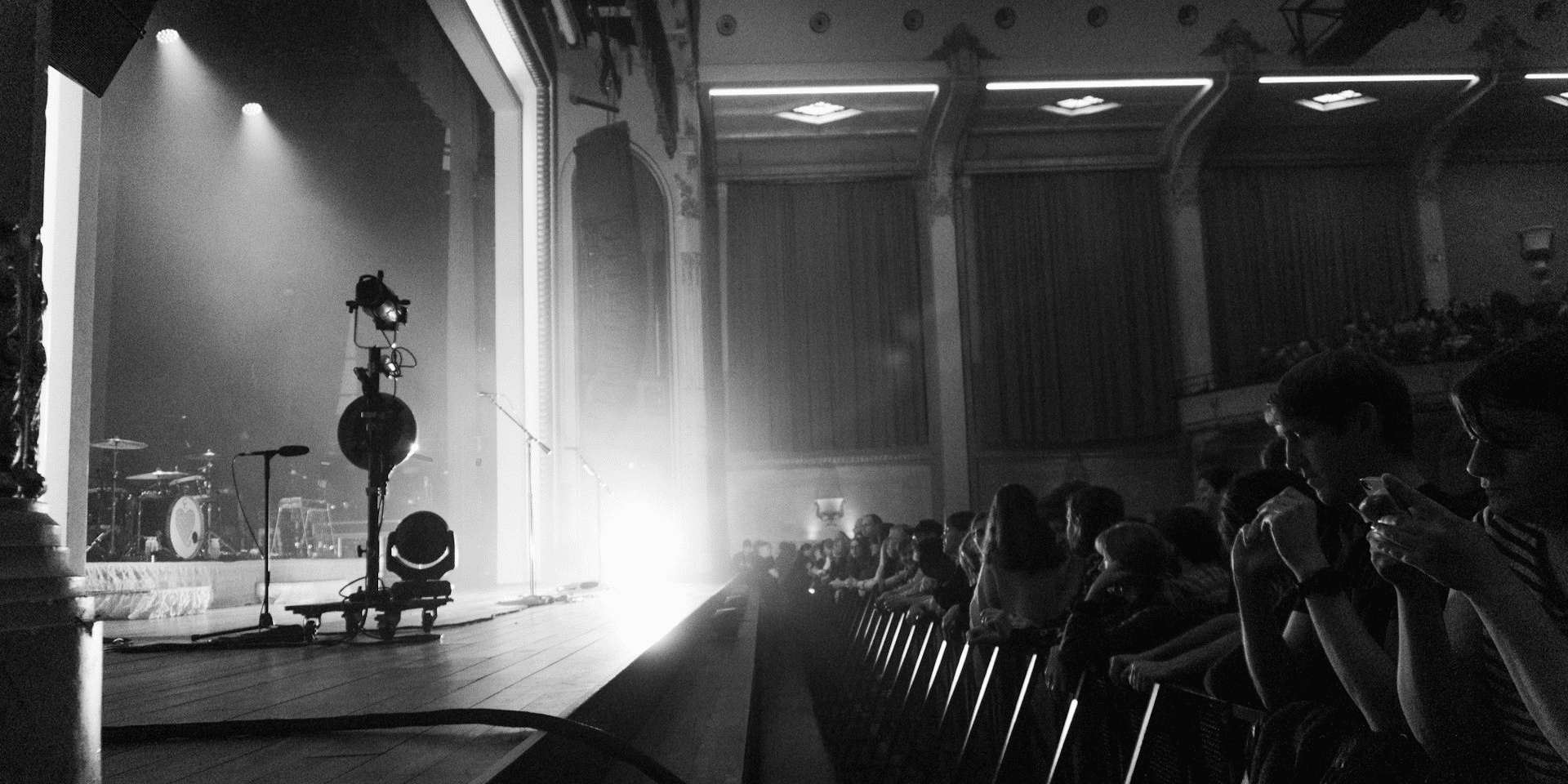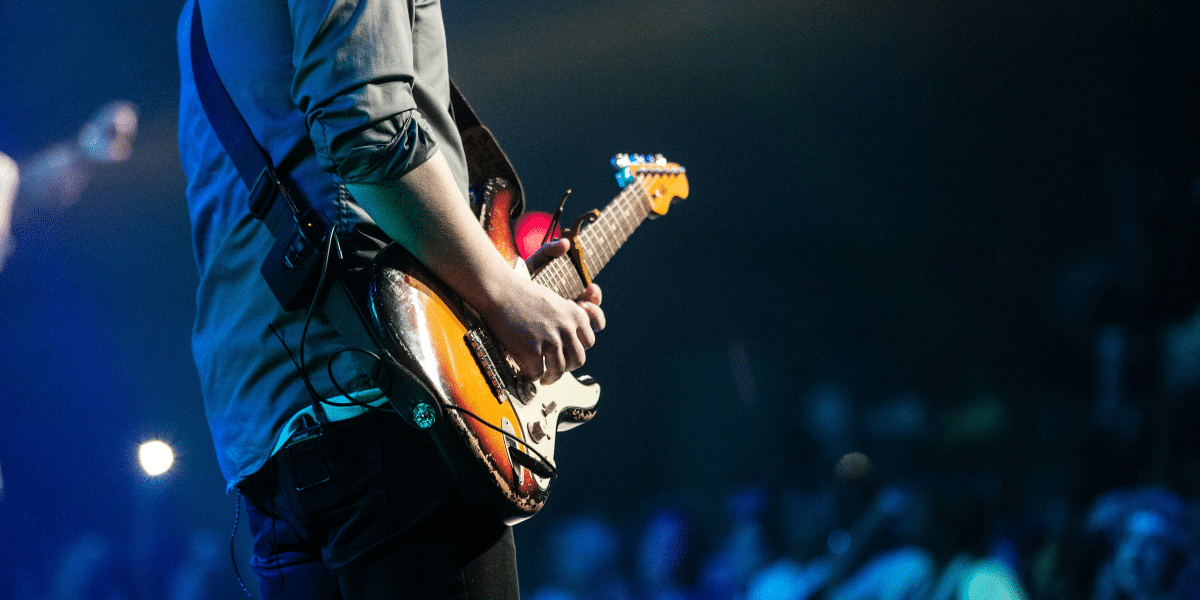When artists cancel events, it triggers a chain reaction that affects numerous stakeholders, including fans, event organizers, venues, and the artists themselves. The reasons for cancellations can vary widely, but the consequences are often significant and multifaceted. This article explores what happens when artists cancel events, considering the impact on various parties involved and the potential long-term effects. The focus keyword for this article is “artists cancel events.”
Reasons for Event Cancellations
One of the most common reasons artists cancel events is due to health problems. These can range from sudden illnesses and injuries to chronic conditions that flare up unexpectedly. Maintaining vocal health, physical stamina, and mental well-being is crucial for performers, and sometimes cancellations are necessary to ensure long-term health.
Logistical issues such as travel disruptions, equipment failure, or unforeseen circumstances at the venue can also lead to cancellations. For example, severe weather conditions or transportation strikes might prevent artists from reaching the event location on time.
Artists may cancel events for personal reasons, including family emergencies, bereavement, or other significant life events. In such cases, the decision to cancel is often made with little notice, leaving little time to make alternative arrangements.
External factors such as political unrest, natural disasters, or global pandemics can force artists to cancel events. The COVID-19 pandemic, for instance, led to widespread cancellations and postponements of events worldwide due to health and safety concerns.
Impact on Fans
Fans who have eagerly anticipated an event can feel deep disappointment and frustration when artists cancel events. This is especially true for fans who have traveled long distances or made significant financial investments in tickets, accommodations, and travel.
When artists cancel events, fans typically seek refunds for their tickets. The process for obtaining refunds can vary, depending on the ticketing platform and the terms and conditions of the purchase. While most reputable platforms provide refunds, the process can sometimes be cumbersome and time-consuming.
In some cases, canceled events are rescheduled for a later date. While this provides an opportunity for fans to attend the event in the future, it can also lead to logistical challenges for those who need to adjust their plans and schedules.
Impact on Event Organizers and Venues
Event organizers and venues often face significant financial losses when artists cancel events. These losses can stem from non-refundable deposits, marketing expenses, and operational costs. Smaller venues and independent organizers are particularly vulnerable to the financial impact of cancellations.
Frequent cancellations can damage the reputation of event organizers and venues. Building trust with audiences is crucial for long-term success, and repeated disruptions can erode confidence and deter future attendance.
Event organizers must deal with the logistical fallout of cancellations, including notifying ticket holders, coordinating refunds, and managing rescheduled dates. This process can be complex and resource-intensive, requiring effective communication and coordination.
Impact on Artists
When artists cancel events, their public image can be affected. While fans may understand cancellations due to health or personal reasons, repeated or unexplained cancellations can lead to negative perceptions and loss of support.
Artists can also face financial consequences from canceled events. Performance fees, merchandise sales, and sponsorship deals are often tied to live events, and cancellations can lead to lost income. Additionally, artists may incur costs related to cancellation penalties or rescheduling fees.
For artists, the decision to cancel an event is often made with their health and well-being in mind. Ensuring long-term health and avoiding burnout is crucial for sustaining a successful career. While cancellations can be disappointing, they are sometimes necessary for an artist’s overall longevity and productivity.
Long-term Effects When Artists Cancel Events
The ability to handle cancellations effectively can demonstrate an artist’s resilience and adaptability. Clear communication, transparency, and efforts to reschedule events can help maintain fan support and mitigate negative impacts.
Frequent cancellations may lead to changes in industry practices, such as more flexible ticketing policies, improved health support for artists, and better contingency planning for events. These changes can help reduce the negative impact of future cancellations.
When artists cancel events, the repercussions are felt across the board, from fans and event organizers to the artists themselves. Understanding the reasons behind cancellations and their impact helps to navigate the challenges and manage expectations. While cancellations can be disappointing and financially burdensome, they are sometimes necessary for health and logistical reasons. Effective communication, transparent policies, and proactive rescheduling efforts can help mitigate the negative effects and maintain positive relationships with fans and stakeholders.














